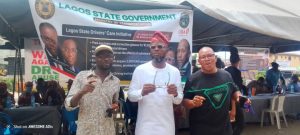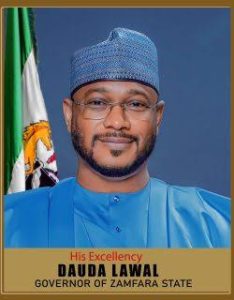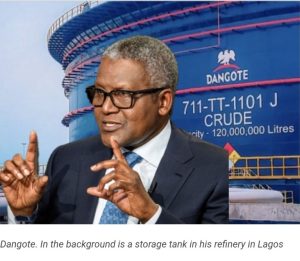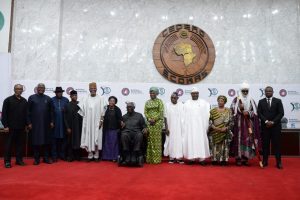EU CSO-Bridge, Stakeholders Say Nigeria’s Social Development Act Outdated and Broken •Demand urgent overhaul
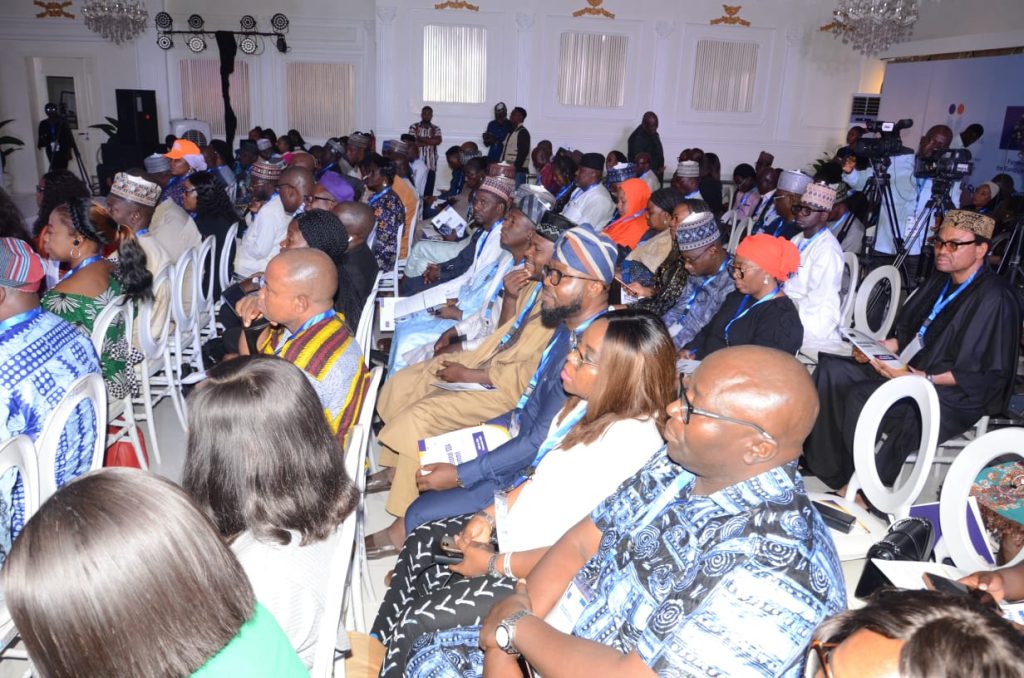
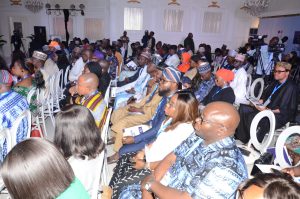
The European Union-International Institute for Democracy and Electoral Assistance (EU-IIDEA), together with key stakeholders, has urged an urgent review of Nigeria’s Social Development Act (SDA), warning that the country cannot achieve inclusive growth or adequately protect vulnerable groups under the current fragmented framework.
The call took place during the National SDA Summit, organised by the International Institute for Democracy and Electoral Assistance (IIDEA) and funded by the European Union under its CSOs-Bridge Strengthening Project in Abuja.
Originally conceptualised in the 1970s and enacted in 2004, the Social Development Act serves as Nigeria’s central framework for coordinated and inclusive social development. However, stakeholders argue that it no longer accurately reflects the nation’s realities.
Delivering the keynote address, Enugu State Commissioner for Children, Gender and Social Development, Hon. Valentina Enih, said, “The Act is older than many of us. Outdated provisions and emerging social challenges demand urgent reform.” She emphasised that unity among civil society organisations (CSOs) is essential for progress, noting that personal interests often overshadow collective objectives.
“One stick is easily broken, but a bundle of broomsticks is not. We must speak with one voice,” Enih said, appealing to lawmakers to increase funding for ministries handling women’s affairs, poverty eradication, and social protection.
Idem Akpan Udoekong, Project Manager of the EU Strengthening Bridge (EU-Bridge) Project, noted that the summit was convened to revive national attention on the long-neglected Social Development Act and Policy. He emphasised that CSOs play a vital role in education, healthcare, civic values, and community development, often filling gaps where government services are lacking.
With the summit coinciding with the global 16 Days of Activism campaign, Udoekong emphasised that updating the SDA would enhance coordination on gender issues, strengthen responses to gender-based violence, and improve overall social development strategies.
Acknowledging legislative gaps, the Chairman of the House Committee on Civil Society Organisations and Development Partners, Hon. Victor Obuzor, stated that the National Assembly had made reviewing the SDA a priority. “Fragmentation, institutional reassignments, and multiple regulatory frameworks have weakened the effectiveness of the Social Development Act. Our Committee is reviewing historical gaps, engaging stakeholders, and supporting the development of a modernised civil society regulatory bill,” he stated.
Deputy Director at the Ministry of Humanitarian Affairs and Poverty Reduction, Peter Audu, highlighted that the summit aligns with federal reforms aimed at promoting gender equality, social protection, and national cohesion. “This forum provides an important opportunity to consider proposed amendments and develop a national coalition for sustainable financing and measurable results,” he said.
Dr Fumi Akinyele, CEO of the Accountability and Transparency Initiative, called for the revised law to embed gender responsiveness from the outset. She highlighted that many rural women are excluded from social protection programs due to requirements such as smartphones, bank verification numbers, and digital literacy.
“Inclusion must go beyond words. We need clear definitions, gender-responsive budgeting, and disaggregated data to effectively address these issues. Committees must be balanced so that different voices are heard,” she added.
Prince Chris Azor, Chairman of the Anambra Civil Society Network, recounted challenges faced by sub-national CSOs, including inconsistent regulations that once led to the closure of community organisations’ bank accounts. He urged that the amended Act provide states with a clear legal framework for social protection and civil society participation, saying, “We want a standing law that expands civic space and ensures citizens are part of governance.”
Harry Udo, Team Lead of the Ethics and Good Leadership Awareness Initiative, added that harmonising registration and regulatory procedures under the SDA would allow states to grant CSOs the same legal status as entities registered with the Corporate Affairs Commission, thereby expanding civic space and improving operational capacity at the grassroots level.
The summit concluded with a call for a declaration that would guide states toward creating a more coherent, supportive, and enabling environment for civil society nationwide.


